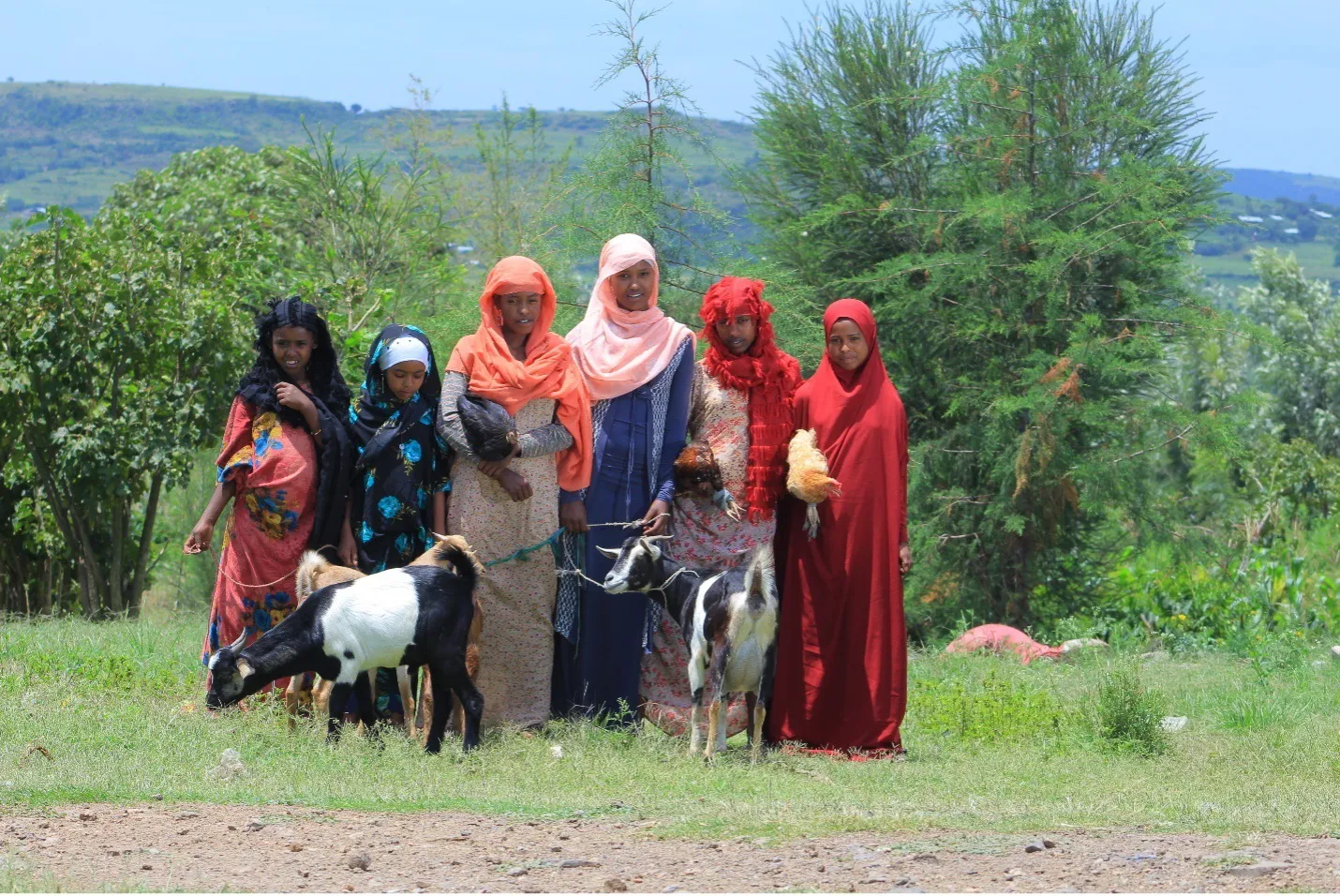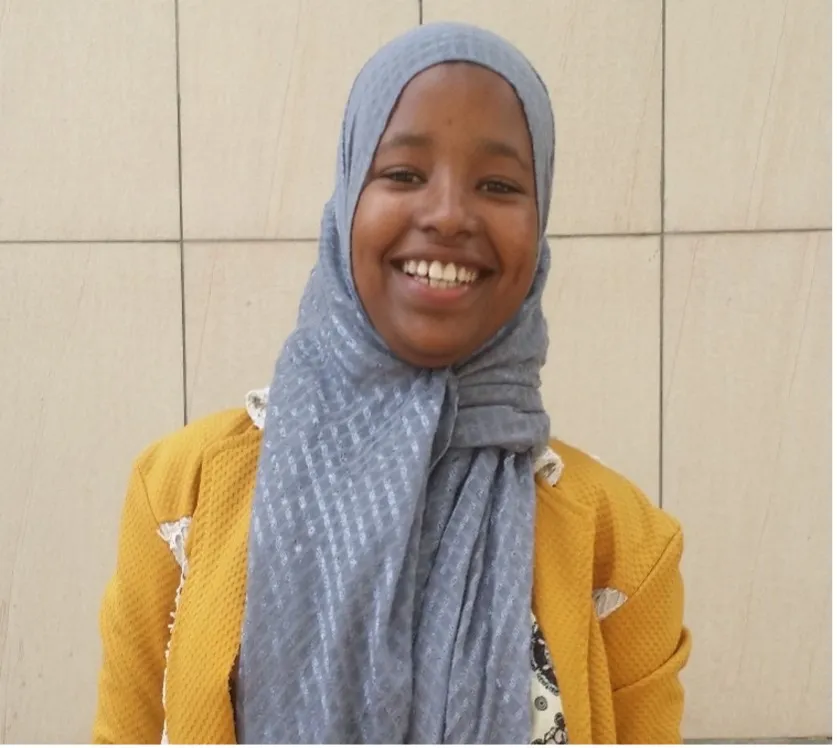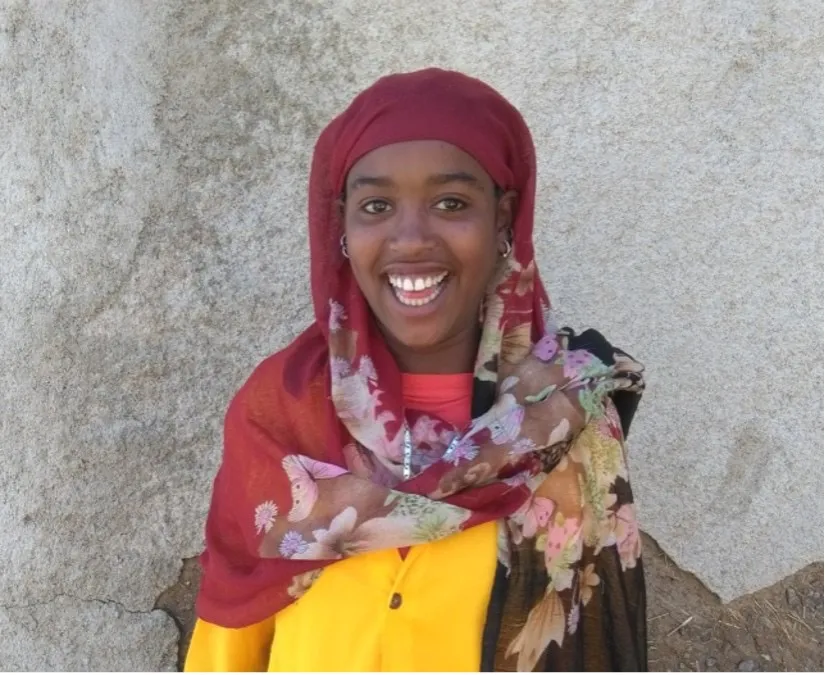“I wanted to continue at school and participate in the girls’ group,” Ayana* says. “But I surrendered to the pressure from family, hoping their economic problems would be improved with one less mouth to feed.”
For generations, food scarcity and rising costs have pushed families like Ayana’s into poverty, which, in turn, has increased the risk for girls falling prey to child, early, and forced marriage.
CARE’s recent report on Gender-Based Violence & Food Insecurity provides a snapshot into this cycle of hunger, inequality, and violence, revealing how food insecurity and poverty have often reinforced male privilege, power, and control, which in turn has pushed more girls like Ayana into early marriage.
These girls have then been less likely to stay in school, more likely to experience teen pregnancy, and more likely to experience gender-based violence. According to research from USAID, these unequal conditions for women and girls have then contributed to community poverty and deepened food insecurity.
CARE’s work around the world in places like Ethiopia and Bangladesh has shown that despite how entrenched this cycle has become, communities are beginning to change.
They’re changing, in part, because they’re seeing how investing in gender equality doesn’t just make women and girls safer — it helps them access food, helps their families eat more, and can increase their food production, which, in turn, is helping lift entire communities out of poverty.
Girls who would have found themselves in Ayana’s situation are now fighting back against the accepted roles and social norms that have traditionally put women and girls at risk.
And their communities are finally listening when these girls say no.




